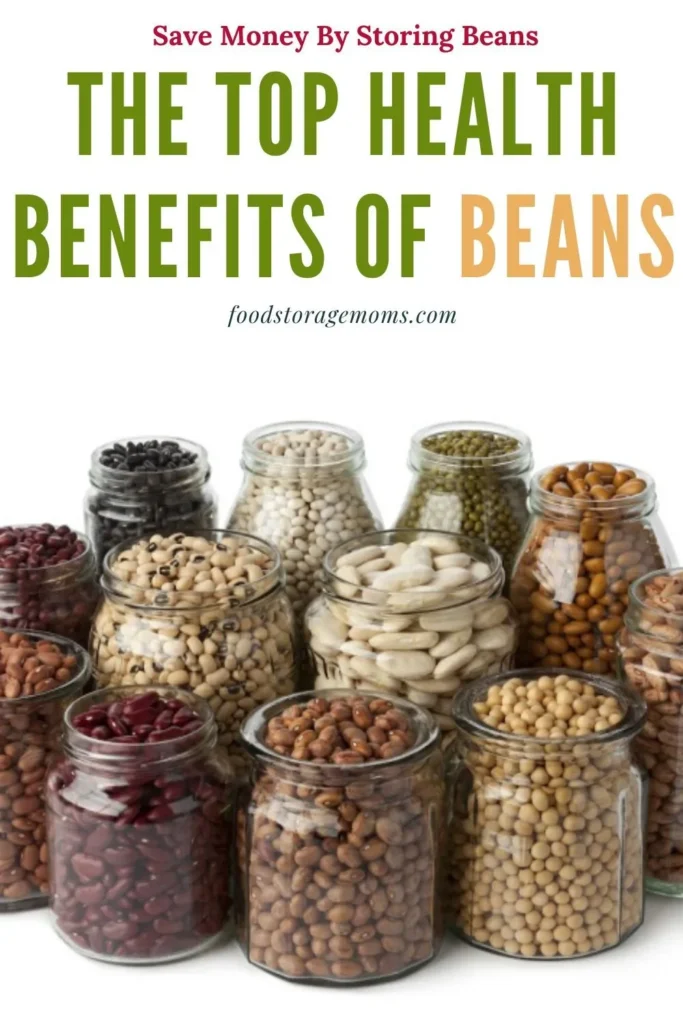Introduction
Beans are often overlooked as a superfood, but they are packed with essential nutrients and health benefits that can improve your overall well-being. From black beans to chickpeas, beans come in a variety of shapes, sizes, and colors, making them a versatile ingredient to include in your diet. In this article, we will explore the numerous health benefits of beans and why you should consider adding them to your meals.
Rich in Nutrients
Beans are a nutrient-dense food that is rich in protein, fiber, vitamins, and minerals. They are an excellent source of plant-based protein, making them a great option for vegetarians and vegans looking to increase their protein intake. In addition to protein, beans are also high in fiber, which can help promote digestive health and keep you feeling full and satisfied.
Heart Health
Beans are known for their heart-healthy benefits. They are low in fat and cholesterol, making them a great addition to a heart-healthy diet. The high fiber content in beans can help lower cholesterol levels and reduce the risk of heart disease. Beans are also a good source of potassium, which can help lower blood pressure and reduce the risk of stroke.
Weight Management
Beans are a filling and satisfying food that can help with weight management. The high fiber content in beans can help keep you feeling full for longer periods, reducing the likelihood of overeating. Additionally, the protein in beans can help boost metabolism and promote weight loss.
Blood Sugar Control
Beans have a low glycemic index, which means they do not cause spikes in blood sugar levels. This makes beans an excellent choice for individuals with diabetes or those looking to manage their blood sugar levels. The fiber in beans can also help regulate blood sugar levels and improve insulin sensitivity.
Improved Digestive Health
The fiber content in beans can help promote digestive health by preventing constipation and promoting regular bowel movements. Beans also contain prebiotics, which are beneficial for gut health and can help support the growth of healthy bacteria in the gut. Including beans in your diet can help improve overall digestive function and reduce the risk of digestive issues.
Antioxidant Properties
Beans are a rich source of antioxidants, which can help protect cells from damage caused by free radicals. Antioxidants can help reduce inflammation, boost the immune system, and reduce the risk of chronic diseases such as cancer and heart disease. Including beans in your diet can help increase your intake of antioxidants and promote overall health and well-being.
Types of Beans
There are many different types of beans to choose from, each with its own unique flavor and nutritional profile. Some popular types of beans include:
- Black beans
- Pinto beans
- Chickpeas
- Lentils
- Kidney beans
Experimenting with different types of beans can help you add variety to your diet and discover new flavors and textures.
How to Incorporate Beans Into Your Diet
There are many ways to incorporate beans into your diet, whether you prefer them in soups, salads, or as a main dish. Here are some ideas for adding beans to your meals:
- Add chickpeas to a salad for extra protein and fiber.
- Make a black bean and corn salsa to enjoy with chips or as a topping for tacos.
- Add lentils to soups and stews for a boost of protein and fiber.
- Make a bean-based chili for a hearty and satisfying meal.
By getting creative with how you incorporate beans into your meals, you can enjoy their numerous health benefits while adding variety to your diet.
Conclusion
Beans are a superfood that is often overlooked but are packed with essential nutrients and health benefits. From promoting heart health to aiding in weight management, beans offer a wide range of benefits that can improve your overall well-being. By incorporating beans into your diet in creative ways, you can enjoy their delicious flavors while reaping the many health benefits they have to offer.
#Superfood #Youre #Overlooking #Health #Benefits #Beans


